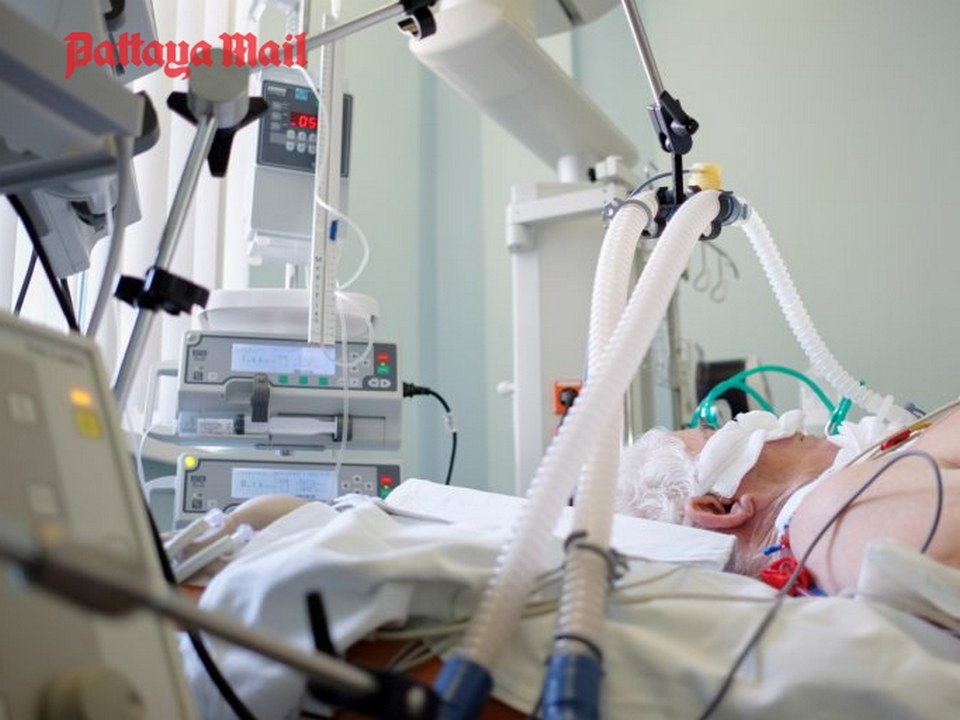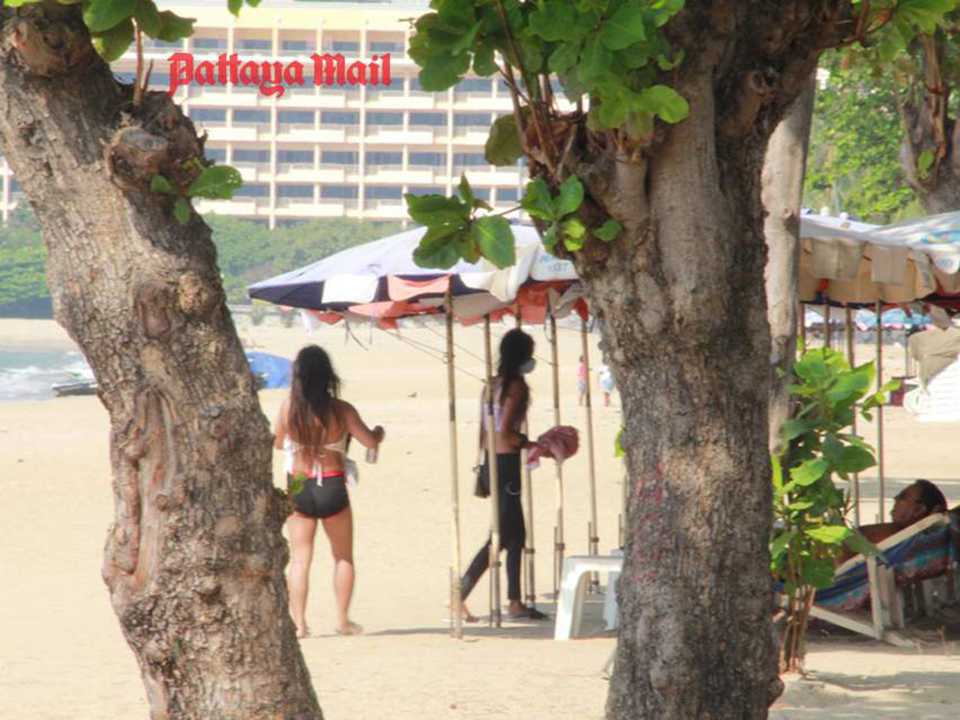
The proposal
The National Tourism Policy Committee has proposed that “each international visitor” must pay 300 baht for “the management of local tourist destinations” (266 baht) and “to cover foreigners who can’t pay their hospital bills” (34 baht). According to the Tourism and Sports Minister, the proposal is due to be addressed in more detail in the Royal Gazette after deliberation with government finance and insurance commissions. But silence has reigned in the past week or so since the announcement leading to gross confusion, here and overseas.
The problem
Thai authorities have long bemoaned the fact that foreigners sometimes run up debts in Thai hospitals which they cannot pay. The usual issue is non-insurance or lack of adequate cover and mostly affects public sector hospitals in Thailand. The private sector is well-known for starting significant treatment only after the go-ahead from an insurer or after substantial cash funds appear in the bursar’s office.
In the past year there have been well-publicized cases of Europeans seeking crowd-funding to fund serious surgery, though these patients have been short-term tourists rather than expats. The cost of unpaid bills to Thai coffers in this context is estimated to be 300-400 million baht per year. Some critics say that these sums are not huge as non-payment by the few has already been built into hospital pricing structures for all foreigners who typically pay more than Thai patients even in the public sector.

The solution
The proposal now on the table does not mean that international tourists will be covered by travel insurance and need not take out their own policy. The 34 baht x 10 million tourists – for example – would be in effect a discretionary government slush fund to which hospitals could apply for reimbursement post treatment.
How they would do this is unknown but would likely involve massive form filling to demonstrate they had first moved heaven and earth to retrieve the cash from the patient or his/her contacts. In other words, wannabe tourists to Thailand are not personally covered and won’t be given any document on arrival at the airport, border post or port.
The collection
The scheme applies only to foreigners and not to Thais who have their own government health scheme based on an earlier Thaksin Shinawatra model. The 300 baht fee can’t be added to the air ticket automatically unless there is a way of separating non-Thai nationals from Thais at the booking stage. That sounds difficult. Do we really want long queues of arriving passengers in the future clutching their 300 baht or, more likely, having only foreign currency and needing change?
Those foreigners who do have personal insurance will doubtless object to the double whammy proposal, though their moans are not likely to be taken seriously. After all, nearly 90 percent of the fee will be spent on “tourist destinations” and not medical cover for visitors. There is some suggestion that the bulk of the cash will be spent on marketing Thailand overseas rather than on repairing temples and tourist attractions.

The concern
The main worry is that the scheme casually looks like a bonus for international travellers who fall ill or have an accident. In reality, it looks more like a cash cow for government funds which already receive 700 baht for each and every departing passenger: that extra is built innocuously into the ticket price. Also, travel insurance worth a notional one US dollar (34 baht) is likely to be limited in scope and may not cover some illnesses or accidents.
It rarely covers people over 75 or 80. At the present time, all visitors to Thailand must have Covid-19 cover, but only certain groups must have general medical cover over and beyond that. These groups are retirees holding a non O/A annual visa or extension and those arriving with a Special Tourist Visa (STV) which allows a vacation of up to 270 days.
The future
The available evidence suggests that the 300 baht scheme is a policy for the post-coronavirus world rather than a policy for now. Thailand currently allows tourists and long-stay expats to enter the country provided they provide a plethora of paperwork to their local embassy. In reality, very few international tourists are currently bothering to apply and likely will not as long as the bureaucracy remains so substantial and the quarantine rules remain in place.
The best course of action would be for Thailand to consider the whole range of medical insurance issues affecting foreigners in all categories rather than continuing to bolt on separate policies to an already overcrowded and confusing scenario. Amen to that pious thought.





